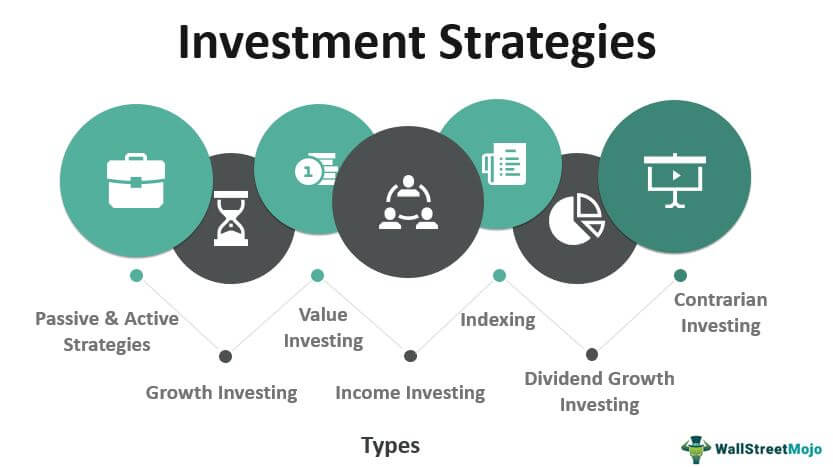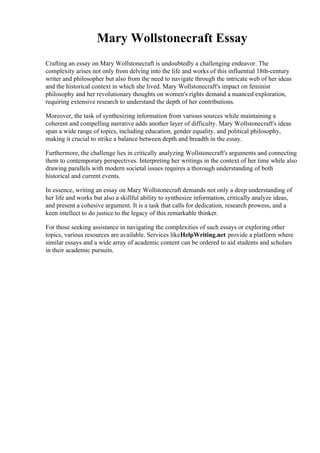Addressing The Low Mental Health Claim Rate: Cost And Stigma As Barriers

Table of Contents
The High Cost of Mental Healthcare
The high cost of mental healthcare is a significant barrier preventing many from seeking help. This financial burden directly impacts the low mental health claim rate, leading to delayed or forgone treatment.
Financial Barriers to Access
The cost of therapy, medication, and other mental health services can be prohibitively expensive. High deductibles, co-pays, and out-of-pocket expenses quickly add up, creating a substantial financial hurdle, especially for those with limited incomes. Many lack access to affordable mental health services, particularly those without comprehensive insurance coverage. This financial barrier contributes significantly to the low mental health claim rate.
- High therapy session fees: The cost per session can range widely, making consistent therapy unaffordable for many.
- Expensive medication: Prescription medications for mental health conditions often carry high costs, even with insurance.
- Lack of affordable telehealth options: While telehealth can improve access, affordability remains a concern for some.
Insurance Coverage Gaps
Even with insurance, many encounter significant limitations in their mental health coverage. A common disparity is the difference in coverage between physical and mental healthcare, with mental health benefits often lagging behind. Limited network providers further restrict access, forcing individuals to choose between expensive out-of-network care or going without treatment. These gaps in insurance coverage significantly contribute to the low mental health claim rate.
- Limited number of sessions covered: Many plans impose limits on the number of therapy sessions they will cover annually.
- High out-of-network costs: Seeking care outside the insurance network can lead to substantial out-of-pocket expenses.
- Narrow provider networks: Limited choices of in-network therapists can make finding suitable care difficult.
The Powerful Impact of Stigma
Beyond the financial barriers, the pervasive stigma surrounding mental illness plays a crucial role in the low mental health claim rate. Fear, shame, and misconceptions prevent many from seeking the help they need.
Societal Stigma and its Effects
Societal stigma creates a climate of judgment and discrimination, leading to fear of social isolation, relationship strain, and even job loss. This fear prevents many individuals from disclosing their mental health struggles, significantly impacting the low mental health claim rate.
- Fear of losing a job: Many worry that disclosing a mental health condition could negatively impact their employment prospects.
- Social repercussions: The fear of judgment and rejection from friends and family discourages many from seeking help.
- Family disapproval: Lack of understanding or acceptance from family members can further exacerbate the stigma.
Workplace Stigma and its Consequences
Workplace stigma is a particularly damaging form of discrimination. Employees fear that revealing mental health concerns could affect their performance reviews, career advancement opportunities, or even their employment. This fear contributes significantly to the low mental health claim rate and undermines efforts to create supportive work environments.
- Fear of performance review impact: Worries about negative performance evaluations due to mental health challenges can deter employees from seeking help.
- Lack of understanding from supervisors: A lack of awareness and empathy from supervisors can create a hostile environment for employees with mental health conditions.
- Absence of mental health resources: The lack of readily available mental health resources within the workplace can further isolate employees and prevent them from seeking support.
Potential Solutions to Increase Mental Health Claim Rates
Addressing the low mental health claim rate requires a multi-pronged approach focusing on both financial and social barriers.
Improving Insurance Coverage and Affordability
Significant policy changes are needed to improve mental health parity and ensure access to affordable mental health services. This includes increased funding for mental healthcare, expansion of telehealth programs, and improved insurance coverage to match physical healthcare benefits.
- Increased funding for mental healthcare: Greater investment in mental health services is crucial to expand access and affordability.
- Expansion of telehealth programs: Telehealth offers increased access, especially for those in rural or underserved areas.
- Improved insurance coverage: Mental health benefits should be comparable to physical healthcare coverage.
Reducing Stigma Through Education and Awareness
Public awareness campaigns are essential to combat stigma surrounding mental illness. Open conversations about mental health need to be promoted in workplaces and communities, along with education to reduce misconceptions and increase understanding. A supportive and inclusive environment is crucial.
- Public awareness campaigns: Initiatives to educate the public about mental health conditions and destigmatize seeking help are vital.
- Employee training programs: Workshops and training can educate employees about mental health and promote understanding and empathy in the workplace.
- Creating supportive communities: Building communities where open conversations about mental health are encouraged can help reduce stigma and promote help-seeking behavior.
Conclusion
The low mental health claim rate is a serious issue stemming from a complex interplay of high costs and pervasive stigma. Addressing both financial and social barriers is crucial to increase access to mental healthcare. By improving insurance coverage and affordability, and by actively combating stigma through education and awareness, we can significantly improve the low mental health claim rate and ensure that individuals receive the support they need. Let's work together to make mental healthcare accessible and affordable for everyone.

Featured Posts
-
 France Sends Strong Six Nations Statement With Italy Win Ireland Next
May 02, 2025
France Sends Strong Six Nations Statement With Italy Win Ireland Next
May 02, 2025 -
 Los Angeles Fire Victims The Struggle Against Post Disaster Price Gouging
May 02, 2025
Los Angeles Fire Victims The Struggle Against Post Disaster Price Gouging
May 02, 2025 -
 Legendary Dallas Star Dies At Age 100
May 02, 2025
Legendary Dallas Star Dies At Age 100
May 02, 2025 -
 Dragons Den Investment Strategies Securing Funding
May 02, 2025
Dragons Den Investment Strategies Securing Funding
May 02, 2025 -
 Understanding The Dragons Den Process From Application To Pitch
May 02, 2025
Understanding The Dragons Den Process From Application To Pitch
May 02, 2025
Latest Posts
-
 Alan Rodens Contributions To The Spectator Exploring His Writings
May 03, 2025
Alan Rodens Contributions To The Spectator Exploring His Writings
May 03, 2025 -
 Can Farmers Trust Reform Uk To Support The Agricultural Sector
May 03, 2025
Can Farmers Trust Reform Uk To Support The Agricultural Sector
May 03, 2025 -
 Alan Roden A Profile Of The Spectators Author
May 03, 2025
Alan Roden A Profile Of The Spectators Author
May 03, 2025 -
 Reform Uk And Farming A Detailed Examination Of Their Policies
May 03, 2025
Reform Uk And Farming A Detailed Examination Of Their Policies
May 03, 2025 -
 Examining Reform Uks Agricultural Plans Promises Vs Reality
May 03, 2025
Examining Reform Uks Agricultural Plans Promises Vs Reality
May 03, 2025
